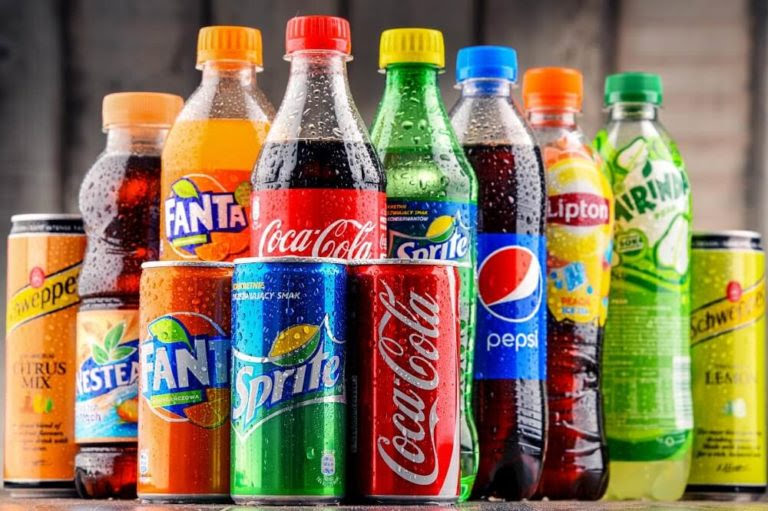The Diabetes Association of Nigeria, Nigeria Health Watch and civil society organisations have commended President Muhammadu Buhari’s administration over the recent announcement of a proposed “pro-health” tax increase on soft drinks in Nigeria in the 2022 budget.
The group conveyed the support in a joint statement signed by Vivianne Ihekweazu, Co-chair NASR and Managing Director, Nigeria Health Watch, and Comrade Bernard Enyia
Co-chair NASR and Secretary General, Diabetes Association of Nigeria.
Coalition co-chair Vivianne Ihekweazu of Nigeria Health Watch said the proposed increase in the taxation of sugar-sweetened beverages was step in the right direction because it will enable revenue to be generated for public health programmes, especially those targeted at addressing the rising incidence of non-communicable diseases like diabetes and cardiovascular diseases.”
In his reaction, Comrade Bernard Enyia, the Coalition co-chair and Secretary General of the Diabetes Association of Nigeria, a type 2 diabetes patient, said, “I was particularly excited when I read that the Minister of Finance has made it clear that there will be higher taxation on carbonated drinks by 2022. This will make funds available for the national response to non-communicable diseases. I believe that her promise will come to pass.”
The group said possible increase in soft drink taxes, which the Minister described as “work in progress”, aligns with the recently updated National NCDs Policy and Multisectoral Action Plan for the Control and Prevention of NCDs in Nigeria.
The revised National NCDs Policy includes recommendations to enact new laws to increase taxes and excise duties on carbonated beverages.
Leading research has called attention to the role that soft drinks play in raising the risk of diseases like obesity and type 2 diabetes. Recent evidence suggests that taxation is effective in reducing the consumption of soft drinks. To date, several countries have successfully implemented sugary drink taxes, including a health promotion levy in South Africa.
Researchers stress that taxation discourages the consumption of soft drinks and lowers the risk of diseases like type 2 diabetes, heart disease, stroke and high blood pressure. Such conditions produce a two-pronged difficulty in that they often cause a lifetime of ill health and a lifetime of healthcare spending.
It said,apart from the economic benefits of the tax, it recognizes the positive effect this will have on the health of Nigerians. NCDs account for the deaths of one in three Nigerians and present a significant cause of premature death.
808700cookie-checkBudget:Proposed Hike In Soft Drink Tax In Order-Group
